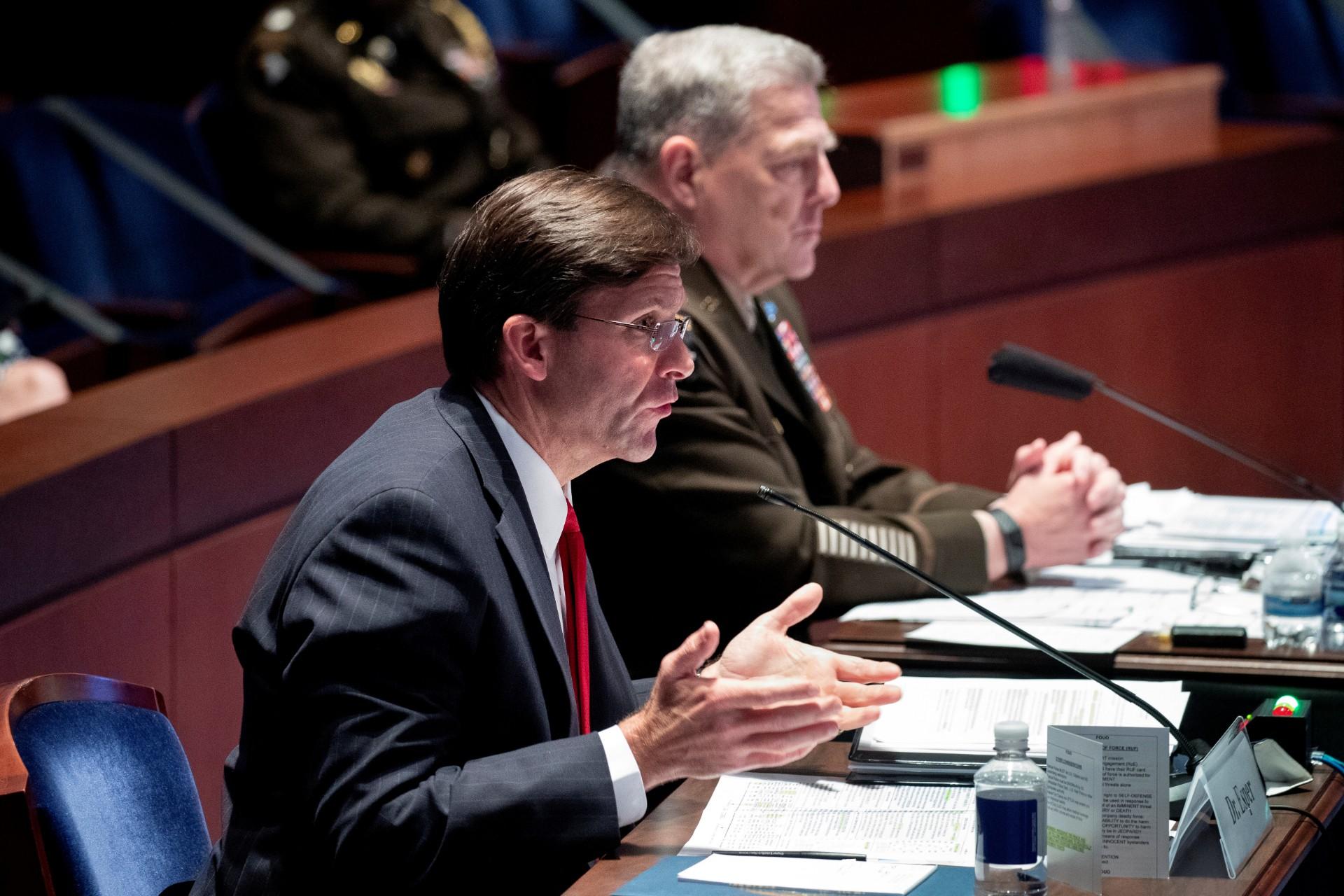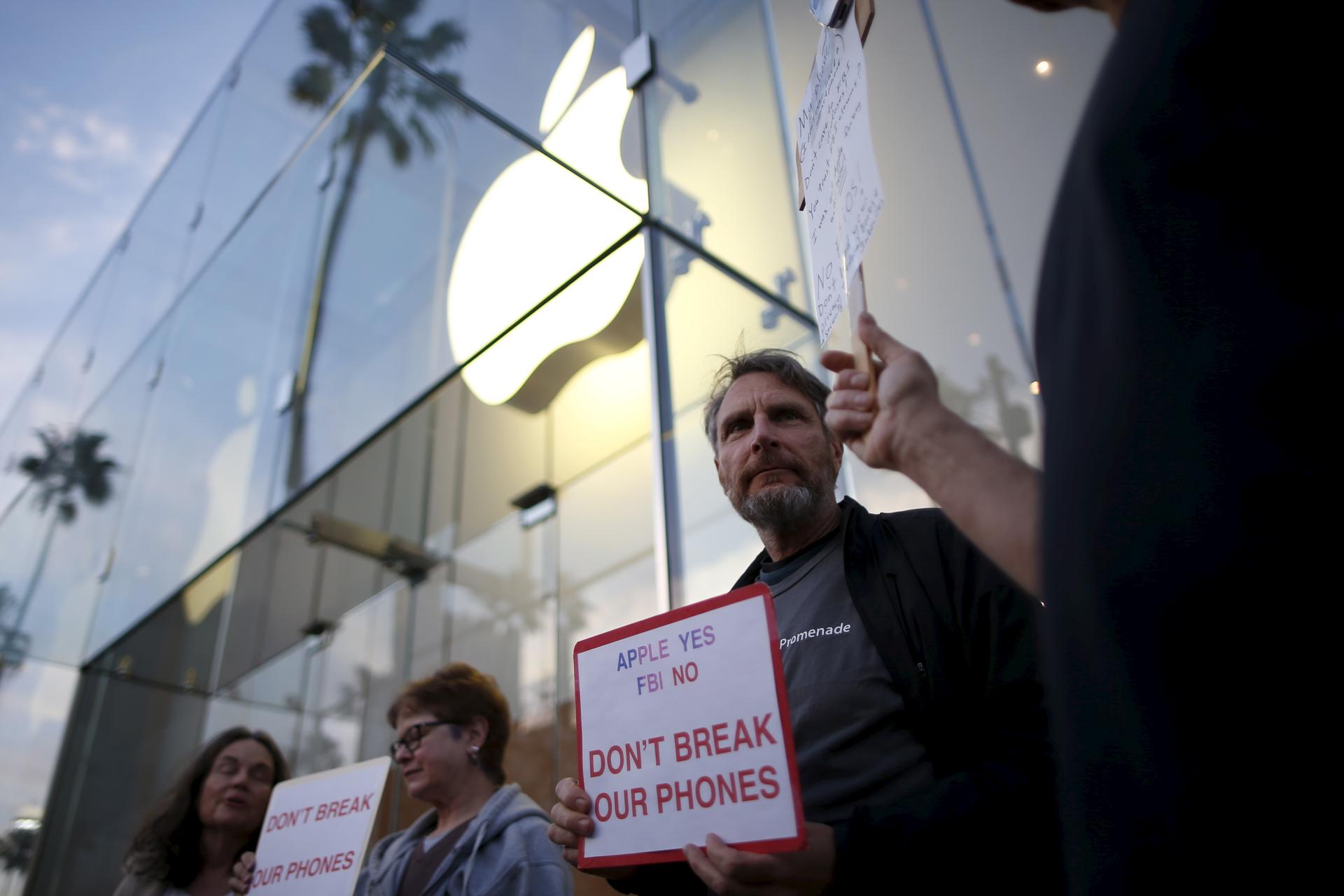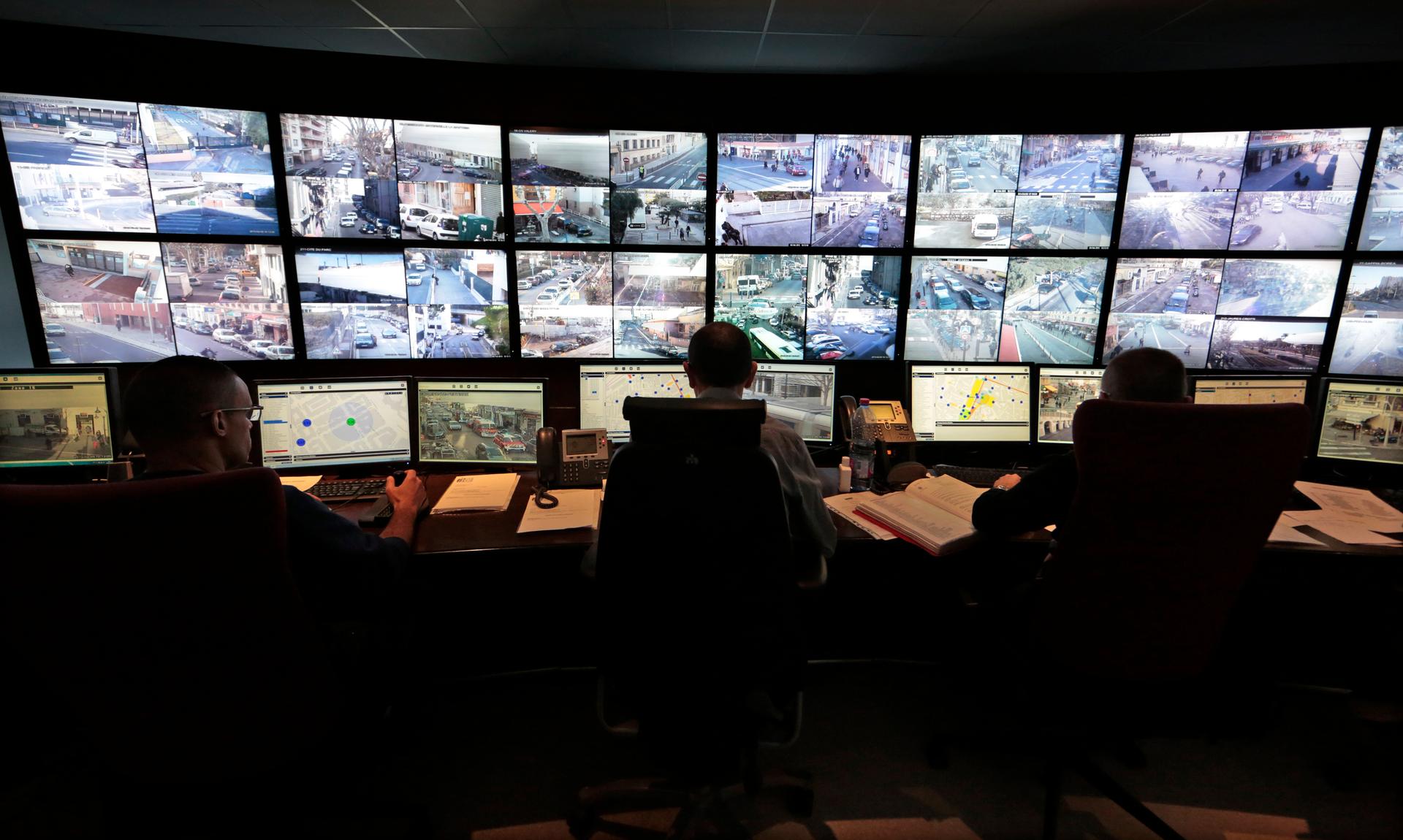security
Russian bounty allegations shine spotlight on what Trump admin knew and when
According to reports, senior White House officials were aware as early as the beginning of 2019 of classified intelligence indicating that Russia was secretly offering bounties to the Taliban for killing US troops. The World spoke with Mark Galeotti, a senior associate fellow at the British-based Royal United Services Institute, to get his take.
How police violence in the US could help spark racial justice in Brazil
The cases of Michael Brown and Eric Garner in the US have their own analogues in Brazil, where relations between black citizens and police are also tense. But one Brazilian activist hopes the news from the US could push Brazilians to talk more openly about racial issues.
‘Extremely sophisticated’ explosives passed through cargo screening
We discuss protocols for screening cargo packages with the director of the Homeland Security Management Institute at Long Island University, Professor Vincent Henry. Robert Worth, Beirut bureau chief for The New York Times, reports from the region.
The journalist who broke the NSA story says surveillance technology is out of control
When news broke revealing the extent of the NSA’s data collection strategies, it quickly became not only the most-talked about story of the year, but it raised all sorts of questions regarding the privacy of citizens and the constitutionality of mass surveillance. Journalist Glenn Greenwald helped break the stories and says we need to rein in the runaway surveillance.


